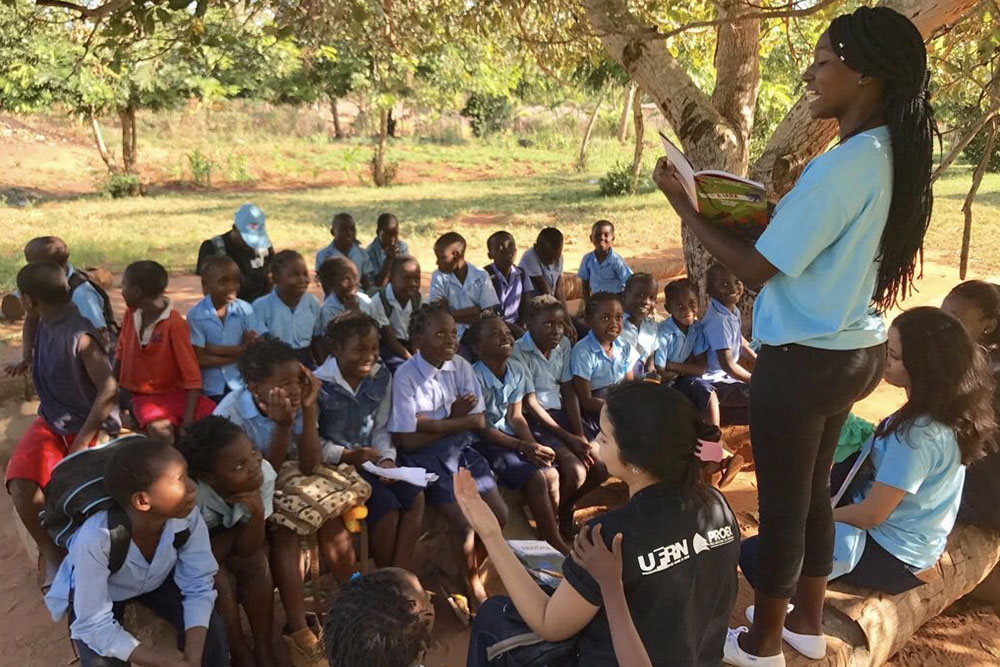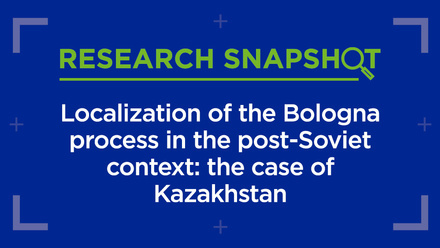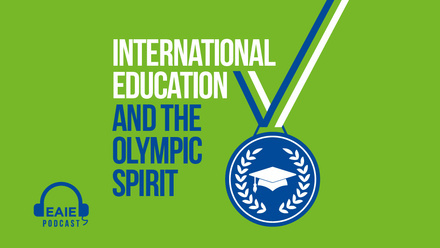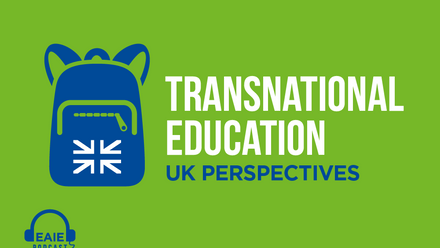Unexpected encounters in Mozambique

The Portuguese-speaking countries of the Global South rarely take centre stage in our discussions of student mobility and strategic partnerships, despite the new and innovative approaches to internationalisation that are quietly taking shape in the Lusophone world. The Federal University of Rio Grande do Norte in Brazil offers one such example, where a programme existing to improve living situations in impoverished communities has found an unlikely international partner halfway across the world in Mozambique.
Internationalisation of education plays an important role in the endeavour to unite people and promote sustainable development. If higher education aims to understand and have a positive impact on today’s social realities, then its activities must transcend the production of abstract knowledge and seek to engage with real communities of people. That is precisely the thinking that led to the Trilhas Brasil/Africa project, in which students from Brazil and Mozambique are working together to apply academic knowledge to on-the-ground realities in their communities.
Trilhas Potiguares
The Trilhas Brasil/Africa project is an activity developed in the context of a larger programme built upon the concept of solidary construction of knowledge for the sustainable development of communities in unfavourable social conditions. Named Trilhas Potiguares, the original programme aims to improve the quality of life of small communities by providing access to public services and goods, and advancing the rights of citizenship in a clear desire to build a more equitable society.
During the nine days, 30 actions were developed with the ultimate goal of changing the social reality.
Existing for almost 25 years at the Federal University of Rio Grande do Norte (UFRN) in Brazil, and working with communities of up to 15,000 inhabitants outside the university walls, Trilhas Potiguares is one of this institution’s most important outreach programmes. It is a collaborative activity, both academic and societal, providing a multidisciplinary learning experience for undergraduate and graduate students, and fostering sustainable actions together with the assisted community. Through the promotion and exchange of experiences, the community remains a legitimate protagonist in all lines of action: education, health, inclusion, social and economic development, public policy, citizenship and production, and dissemination and preservation of culture.
Going global
As higher education goes transnational, so does the ambition to drive social transformation wherever possible. The opportunity came in 2017, when UFRN first participated internationally in a joint outreach activity, carried out in partnership with the Pedagogic University of Maxixe, in Mozambique. Bringing the Trilhas Potiguares programme to the amazing landscapes of this African country marked a turning point in UFRN’s international agenda, confirming that solidarity and internationalisation are aims worth fighting for.
The Inharrime community in the Inhambane province of Mozambique was chosen due to its lack of public services and because of the people’s poor living conditions in a village reliant on agriculture as its main economic activity. Tourism, particularly in the coastal region, has recently been encouraged and has arisen as another economic possibility.
The Trilhas Brasil/Africa project lasted nine days and was carried out by students and teachers from both universities and from the local community. Although fully conducted by the integrated team, on-site activities were first designed by the programme coordinators with a focus on furthering sustainability. From the beginning, one of the main goals was to enable the local community to replicate the processes developed as proposed solutions for local demands.
Beyond the social and academic relevance of the experience, the impact on all who participated was priceless.
A team of 14 Brazilians and 12 Mozambicans from the two universities met in Maputo to start the exciting journey. To meet the demands of the community, it was essential that the student team be selected according to certain criteria. Thus, in this international edition of the programme, students pursuing majors in dentistry, pharmaceutics, nursing, physical education, pedagogy, business, journalism, agronomy, mathematics, biology, geography, languages and visual arts engaged with the local population of the Inharrime community and its surroundings, assisting more than 5000 people. Civil society groups working in areas such as theatre, dance, sports, religion, student and professional organisations, and local public administrators were also relied on. Everyone was committed to making the programme succeed. Additionally, upon return to Brazil, a follow-up programme was established to offer support and encouragement from afar.
During the nine days of on-site activities, 30 actions were developed with the ultimate goal of changing the social reality. Multiple workshops were given, addressing topics such as health care, suicide prevention, personal and oral hygiene, environmental education, pedagogic and educational practices, as well as focussing on the arts with theatre, dance, music, painting and recreational activities.
From collaboration comes transformation
In the general context, educational issues arose as the most sensitive domain, creating renewed cooperation with the Pedagogic University of Maxixe through capacity-building activities for academic staff, research and outreach projects for local and regional development – not to mention the possibility of student mobility and a chance to participate in the same project in the Brazilian context.
Crossing the Atlantic with the Trilhas Potiguares programme surely represented unexpected internationalisation for the higher education institutions involved, and its achievements exceeded expectations. Beyond the social and academic relevance of the experience, the impact on all who participated was priceless. The exchange of experiences and knowledge between Brazilians and Mozambicans expanded academic partnerships and transformed each and every participant’s understanding of themselves and of the other, planting the seeds for a better tomorrow for all. As one of UFRN’s nursing students put it, “Not even in my wildest dreams could I have imagined living an experience like this one. It is extremely rewarding to be able to take the experiences and the knowledge we get in the university and give back not only to our own community but to others in a different country.”
In the 2018 edition of the Trilhas Potiguares programme in Natal, our Mozambican partners were invited to come to Natal (Brazil) and bring their own expertise to benefit our communities through shared experiences. While great effort went into bringing a significant number of Mozambican students and professors to Natal, in the end only one participant was able to make the trip. His presence, however, brought us hope in realising that one person can still make a difference. Next year, Trilhas Potiguares will again cross the Atlantic to Mozambique to keep the spirit of this programme alive.
Photo credit: M. Cicero Martins






